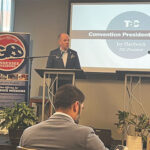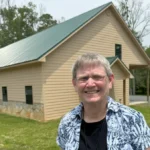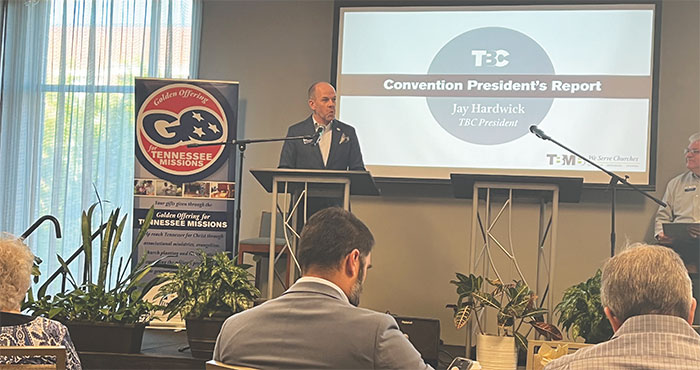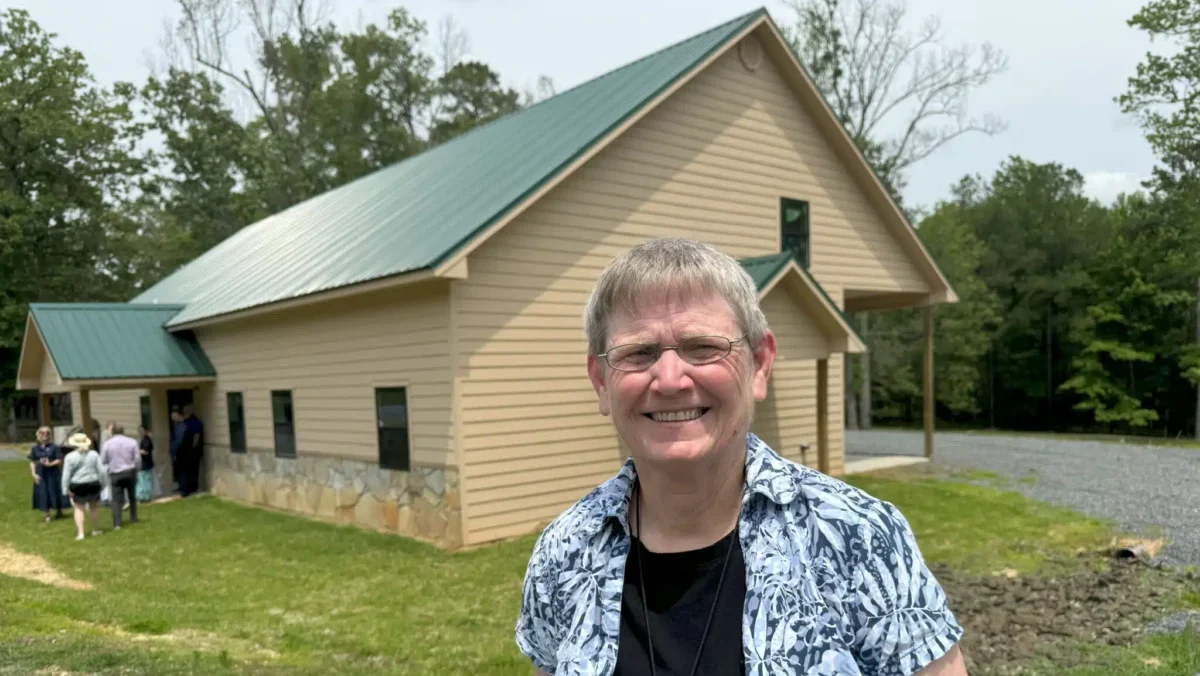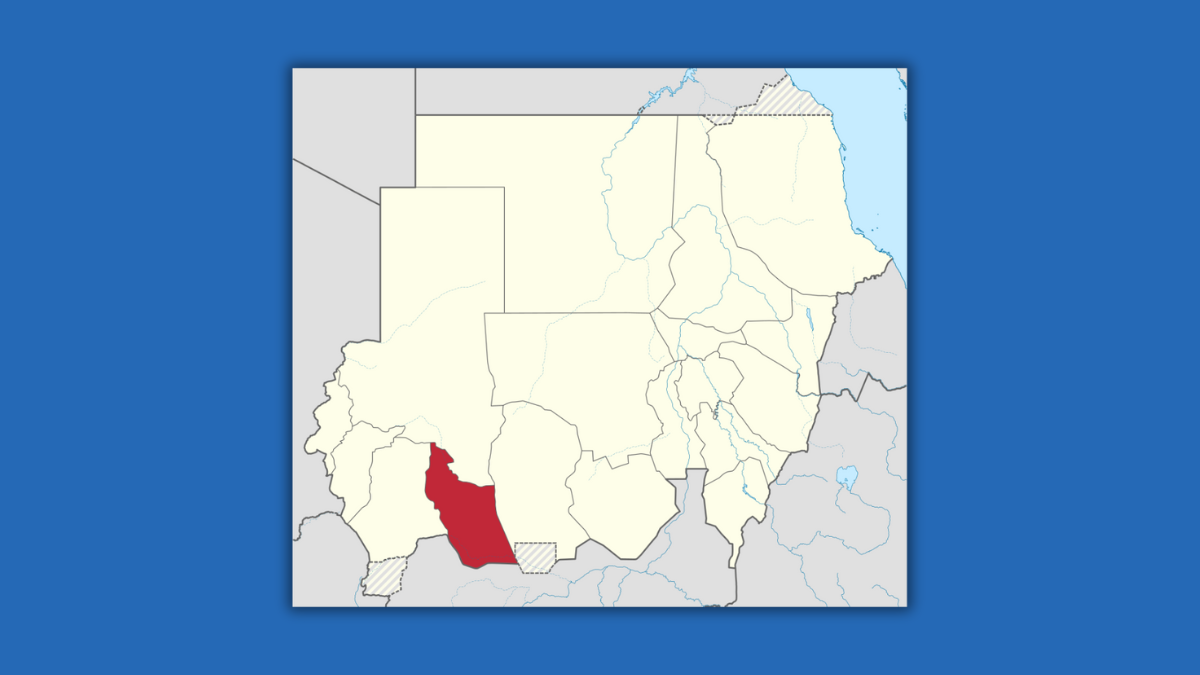SERVES
Mark 10:32-45
The passage for our study is the central passage of the Gospel of Mark. Verse 32 communicates the nature of Jesus’ Messianic ministry as well as the nature of discipleship. Whereas the disciples expected Jesus to show Himself as King of a kingdom, for the third time Jesus explained that His purpose in approaching Jerusalem was to die as a servant on behalf of others.
Luke 9:51 describes Jesus’ final approach to Jerusalem with a resolute commitment to fulfill His Father’s will even though it meant death. “When the days were coming to a close for Him to be taken up, He determined to journey to Jerusalem.” Jesus knew the destiny that awaited Him in the Holy City.
Death Coming (32–34)
This is the third passion prediction of Jesus in Mark’s Gospel. The other passion predictions are found in 8:27–9:1 and 9:30–50. Jesus led the way on His final journey to Jerusalem, knowing His destiny once He arrived in Jerusalem.
Jesus explicitly affirmed that in Jerusalem He would be condemned to death by the Jewish leadership and executed by the Gentiles (Romans). In none of the passion predictions did any of the disciples express sympathy with Jesus and His impending fate.
Request Made (35–40)
The first disciples called by Jesus were two sets of brothers — Peter and Andrew as well as James and John. In every mention of the two brothers except one, the order of the names of the brothers is James and then John, suggesting that James was the older brother. Some in early Church history thought that James and John’s mother was a sister of Mary.
While the biblical evidence is not conclusive, a relationship might explain the boldness of the brothers.
In Matthew’s account, their mother, Salome, requested Jesus grant to her sons the right to sit at the right hand and left hand of Jesus in his Kingdom (Matt. 20:21–22). If there was a family connection, then the brothers may have wanted special recognition based on a familial relationship.
Jesus responded that the brothers did not know what they were asking. In Mark, Jesus rebuked the brothers for their mistaken bold request. While professing to be ready to drink Jesus’ cup and experience Jesus’ baptism (both the cup and baptism refer to death), the brothers asked in ignorance.
King Herod Agrippa I executed James (Acts 12:2).
Roles Reversed (41–45)
When the other disciples heard of the request of James and John, they became indignant with the brothers. Jesus defined the nature of leadership and greatness in the Kingdom of God. Jesus taught that true rulers and leaders do not set themselves up as lords. Rather, leadership in God’s Kingdom is servant leadership. God’s evaluation of leadership is the opposite of the world’s understanding.
Jesus’ equated greatness in God’s Kingdom with servanthood. Further, Jesus equated priority of position with being a slave to all. Jesus modeled servant leadership. Jesus did not leave heaven and come to earth to be served. He came to serve, and it was the greatest service. Jesus took upon Himself the lowest form of servanthood in that he came to die for others. He came to give His life as a ransom for many. Jesus came for the purpose of giving His life as a ransom payment for the release of people held captive by Satan.
By Mark Rathel
Professor at the Baptist College of Florida in Graceville, Florida



